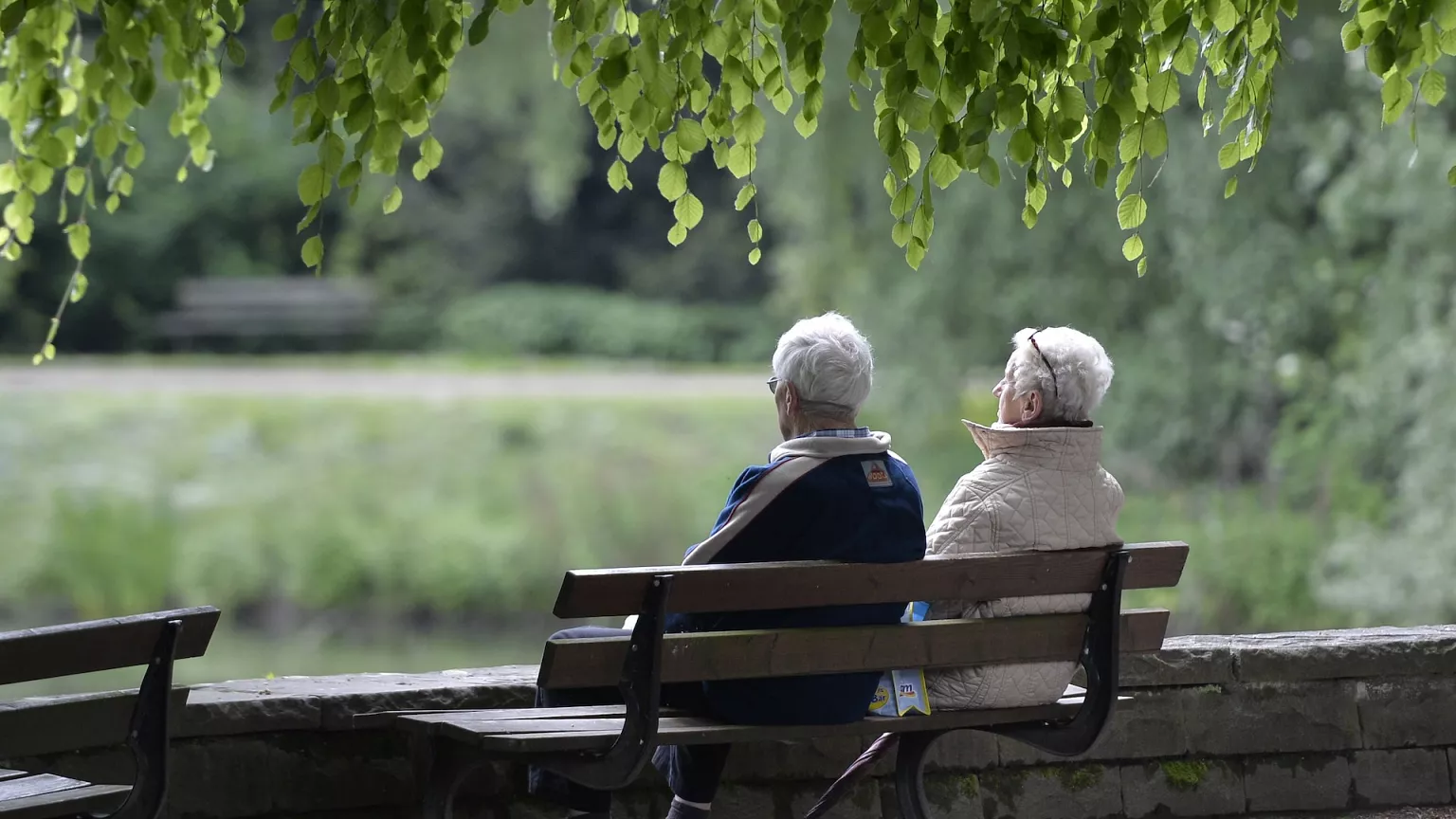Retirement is a significant life transition that provides an opportunity for reflection, relaxation, and the pursuing of new interests. Nevertheless, the manner in which individuals experience retirement is highly variable across the globe, as it is influenced by cultural values, economic systems, and social support structures. The retirement lives of pensioners in Europe and seniors in ASEAN countries are compared, revealing intriguing differences and shared themes in the art of aging gracefully.
Structured Support and Independent Living for Pensioners in Europe
In a significant portion of Europe, retirement is frequently defined by formal pension systems and social welfare programs that are intended to ensure the financial security of senior individuals.
* **Pension Systems:** Numerous European nations have comprehensive public pension schemes that are funded by taxes or social security contributions, ensuring that retirees have a consistent income after they have left the workforce.
* **Access to Healthcare:** Universal healthcare systems guarantee that elderly individuals have access to medical care, frequently including specialized services for aging-related requirements.
* **Independent Living:** Privacy and autonomy are highly valued by numerous pensioners, who reside independently in their own residences or retirement communities.
* **Active Lifestyles:** Volunteering, social clubs, pastimes, and travel are frequently incorporated into retirement. “Active aging” initiatives are supported by governments and NGOs, which encourage elders to remain mentally and physically active.
* **Social Services:** A wide range of social support services, such as financial assistance, counseling, and home care services, are available to persons in need.
* **Challenges:** Some pensioners experience financial insecurity or loneliness, particularly when their pensions are inadequate or healthcare expenses increase, despite the support they receive.
Family-Centered Care and Respect for Elders in ASEAN
Retirement life is intricately linked to family and community in ASEAN countries, including the Philippines, Vietnam, Indonesia, and Thailand.
* **Family Care:** The strong cultural values of filial duty and respect are reflected in the fact that elders often reside with or near extended family members who provide daily support.
* **Informal Support Systems:** Particularly in rural regions, formal pension coverage is less prevalent. Small government benefits, informal reserves, or family resources are the primary sources of support for numerous elderly individuals.
* **Involvement in Family Life:** Elders frequently continue to be involved in their family, participating in community and religious events, sharing their wisdom, and providing for descendants.
The following are examples of modest lifestyles: Retirement may not necessitate a complete cessation of employment; numerous individuals continue to engage in small-scale farming, crafts, or other income-generating pursuits.
* **Community Integration:** Social interaction and mutual support among elders are facilitated by cultural traditions and close-knit communities.
* **Challenges:** Especially as populations age and urbanization alters family structures, limited social welfare coverage and healthcare access can present challenges.
Contrasts in Culture and Society
* **Independence vs. Interdependence:** In retirement, European elders frequently prioritize personal independence, whereas ASEAN elders prioritize family and interdependence.
* **Economic Structures:** In contrast, the financial security of retirement is more significantly reliant on informal arrangements and familial support in many ASEAN countries, whereas Europe has robust pension systems.
* **Expectations of Society:** The respect for elders is robust in both regions, but it is conveyed in distinct ways. In Europe, it is institutionalized through services and rights, while in ASEAN, it is manifested through caregiving and community roles.
Future Prospects and Emerging Trends
* **Europe:** Reforms and an increasing emphasis on healthy aging and community-based services have been prompted by the challenge of pension sustainability posed by elderly populations.
* **Association of Southeast Asian Nations:** The demand for formal eldercare and pension systems is on the rise as a result of the transition in traditional family care models due to economic development and urban migration.
* **Globalization:** Cross-cultural adaptation is fostered by exposure to a variety of retirement lifestyles, which combines family support with independence.
In conclusion,
The broader societal values and economic realities of Europe and ASEAN are reflected in the retirement life. Although European pensioners frequently receive structured financial and social support that fosters independence, elderly in ASEAN derive strength from their community involvement and familial relationships. In the later years of life, both paths provide essential teachings about dignity, care, and purpose. Societies can more effectively prepare for the challenges and opportunities of aging populations worldwide by acknowledging and respecting these diverse retirement experiences.

Leave a Reply